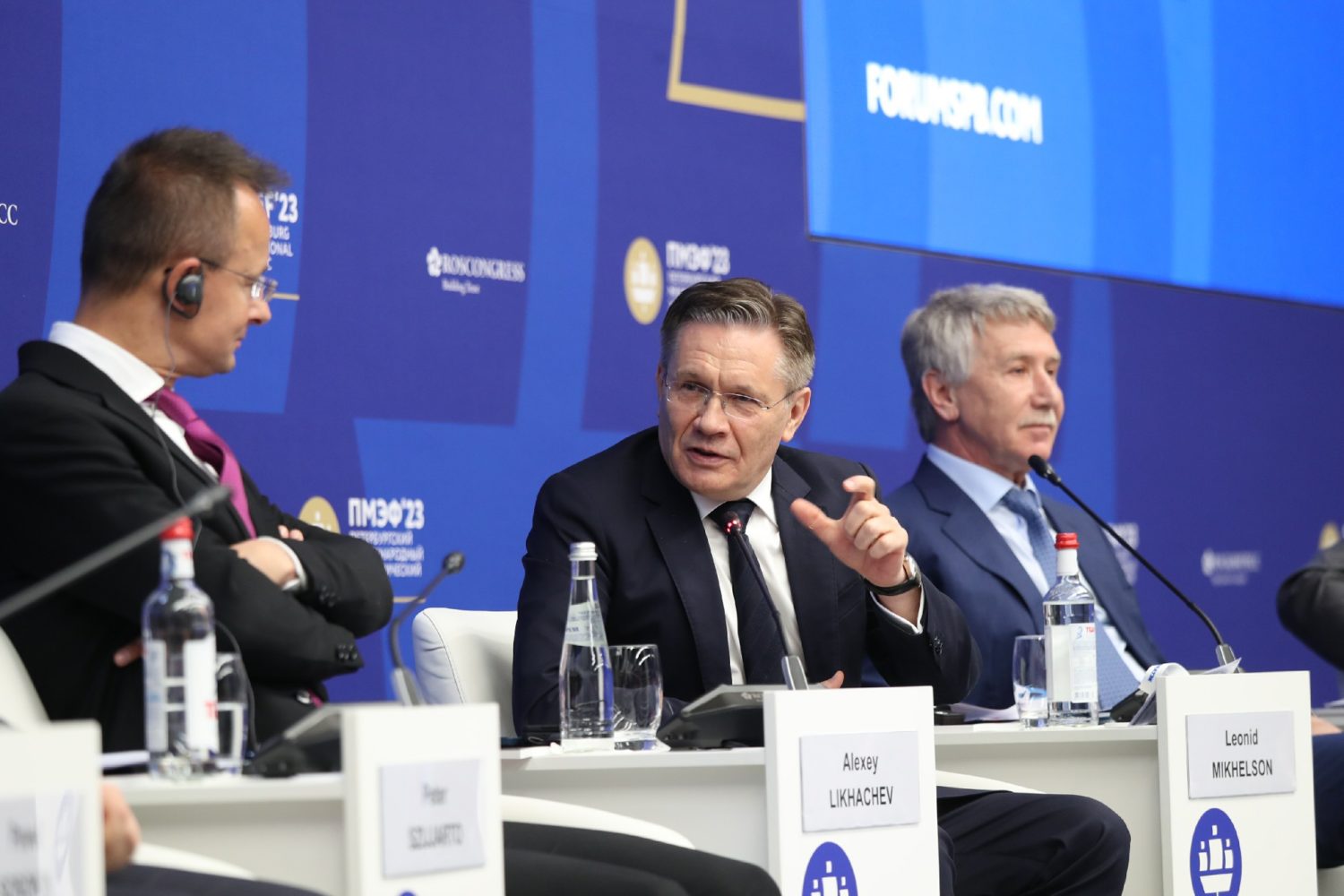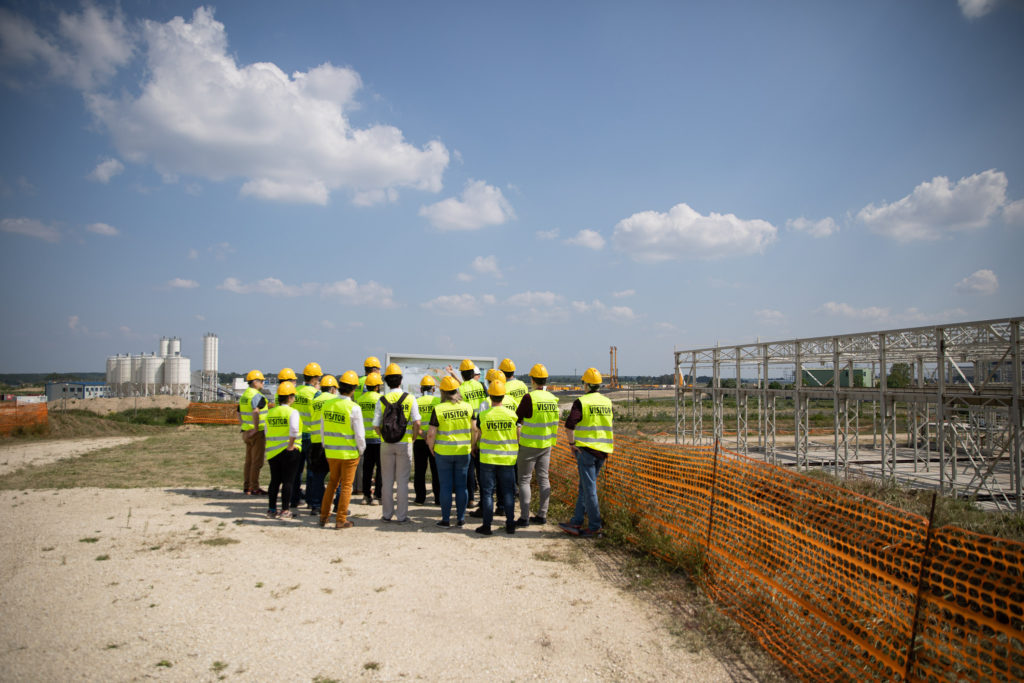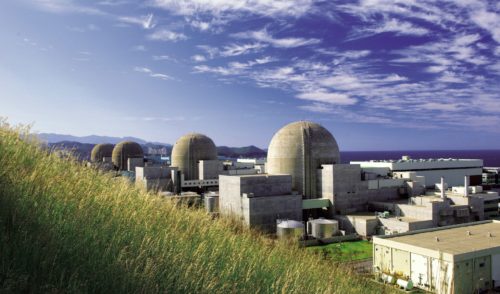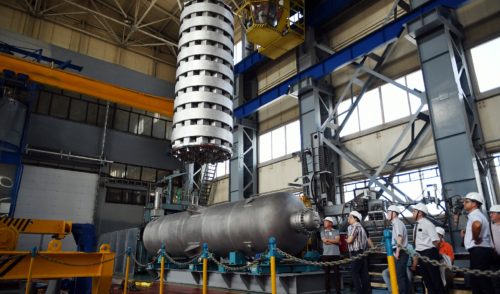
Green Light for Paks II
back to contentsThe Paks II project is progressing at a steady pace. Rosatom Director General Alexey Likhachev discussed project details during a meeting with the Hungarian leadership. In late May, the European Commission approved amendments to the Russia-Hungary agreement on the construction of new power reactors.
According to Hungarian Minister of Foreign Affairs and Trade Péter Szijjártó, the European Commission and the European Union have approved amendments to the financing and construction contracts related to the new reactors to be built at the Paks Nuclear Power Plant. “These amendments will speed up the project implementation, cut red tape, and clarify nuclear safety rules, which are even stricter than the European standards, and guarantee that a safe nuclear plant will be built in Paks,” Péter Szijjártó said. The head of the Hungarian Foreign Ministry also explained that the amendments to the Paks II construction contract did not affect any of its essential terms: they were technical in nature and necessitated by the long lead time of the project.
The construction documents for new Units 5 and 6 with VVER‑1200 reactors were signed in 2014. In August 2022, the Hungarian Atomic Energy Authority issued a construction license for these units. Preparations are currently underway on the plant site to construct auxiliary buildings and facilities before the main construction phase commences.
The Paks II project was the main focus of the talks between Hungarian Prime Minister Viktor Orban and Rosatom Director General Alexey Likhachev. The parties discussed the next steps in the construction of the Paks II Nuclear Power Plant and other aspects of the comprehensive cooperation in civil nuclear energy.
“The new power reactors will increase Hungary’s nuclear capacity from 2,000 MW to 4,400 MW. This means Hungary will be able to produce electricity covering 70 % of its domestic needs and, to a great extent, remain independent from completely unpredictable price fluctuations on the global energy markets. We will also make a huge step forward in terms of environmental protection as we will reduce our carbon dioxide emissions by 17 million tons per year,” said Péter Szijjártó, who was also present at the meeting. He noted that the new reactors at the Paks NPP were planned to be commissioned early next decade.

Péter Szijjártó said that preparations for the full-scale construction work would soon begin on the site. “The so-called impervious blanket is extremely important for the safe operation of the nuclear power plant; it is a prerequisite for the construction of a robust foundation for the reactors,” the Hungarian Foreign Minister stressed. He explained that excavation and compaction work for the foundation of Unit 6 would also be carried out this summer. According to Péter Szijjártó, the first concrete pouring ceremony for Unit 5 is scheduled for the autumn of 2023.
Built with Soviet technology and using nuclear fuel from Russia, the Paks Nuclear Power Plant generates half of electricity produced and a third of electricity consumed in Hungary. Located 100 kilometers south of Budapest on the Danube River, the Paks Nuclear Power Plant has four operating power units with VVER‑440 reactors.




